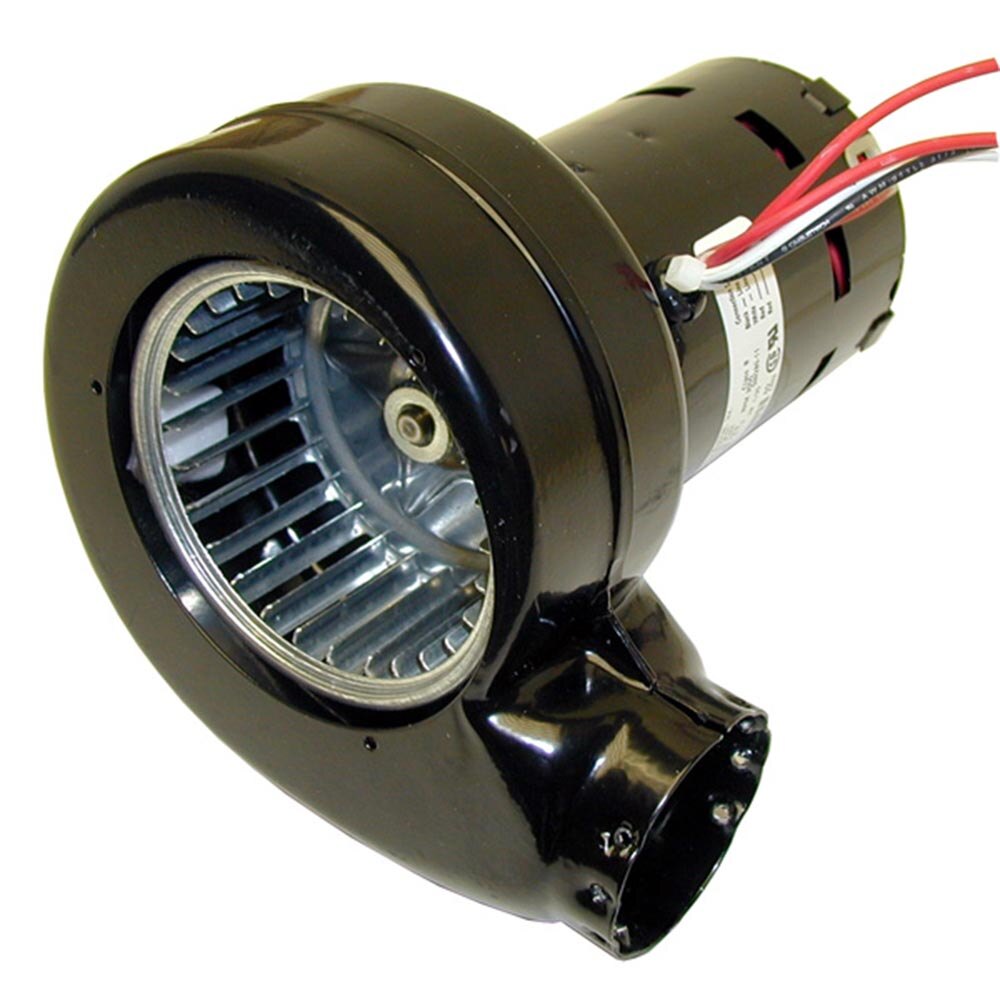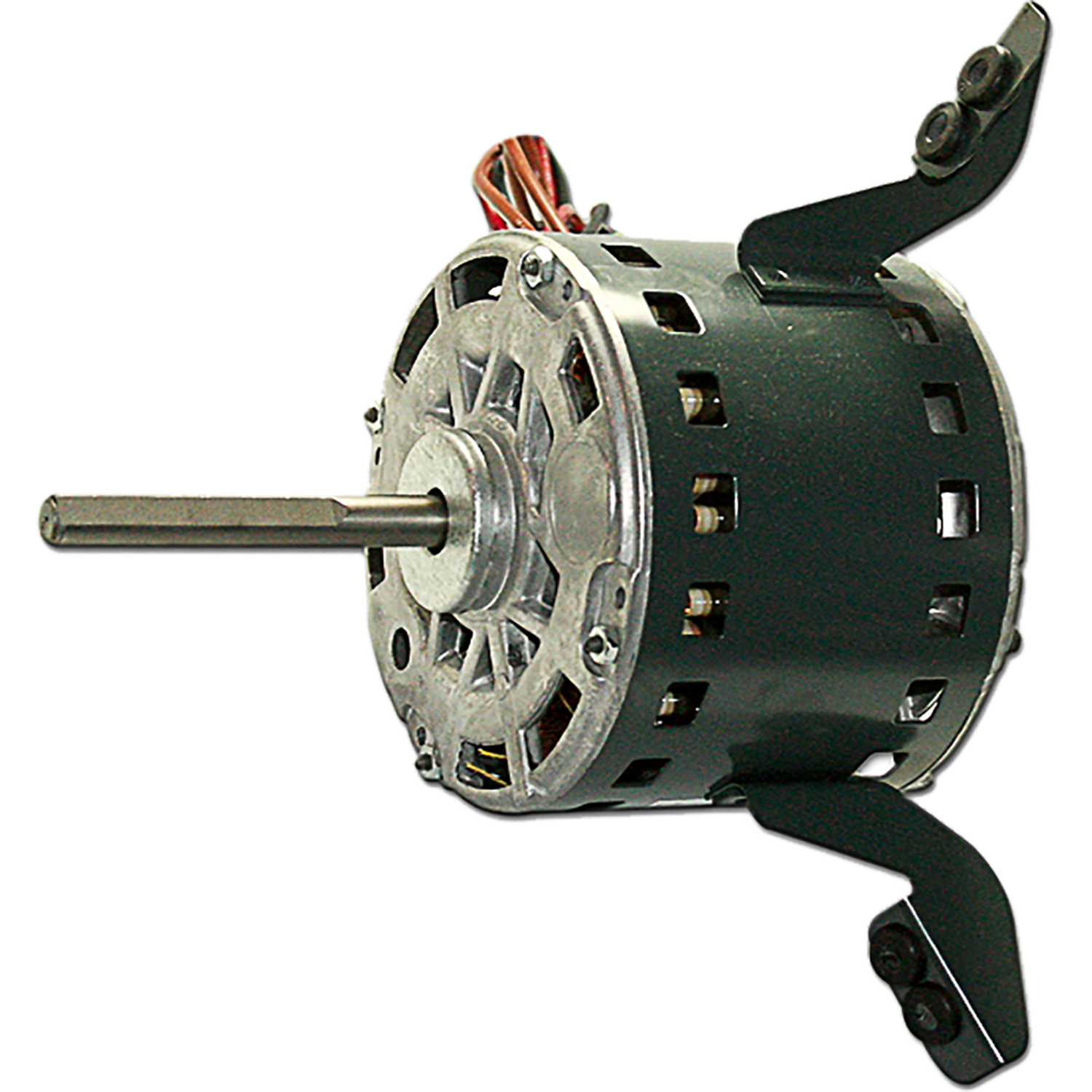HVAC Blower Motors: Your Guide To Optimal Airflow & Comfort
Are you struggling to maintain a comfortable temperature in your home, regardless of the season? The secret to consistent climate control lies in understanding the critical role of blower motors within your HVAC system.
Blower motors, often unsung heroes, are fundamental to the operation of your heating, ventilation, and air conditioning (HVAC) system. They are responsible for the crucial task of moving air throughout your home, ensuring that conditioned air reaches every corner, providing both warmth in winter and cooling relief in summer. Without a properly functioning blower motor, your HVAC system is rendered virtually useless, leaving you at the mercy of fluctuating temperatures and compromised air quality.
Choosing the right blower motor can seem daunting given the variety of options available. Consider it an investment that pays dividends in terms of comfort, energy efficiency, and the overall lifespan of your HVAC system.
To help you make informed decisions, heres a breakdown of the key information:
| Category | Details |
|---|---|
| Blower Motor Function | Moves air through the HVAC system, distributing conditioned air throughout a building or residence. |
| Types of Blower Motors |
|
| Key Considerations |
|
| Common Brands | Century, Fasco, Rotom, Dayton, Ametek Lamb (for vacuum motors), and others. |
| Purchasing Options |
|
| Installation & Replacement |
|
| Benefits of Proper Selection |
|
| Where to Buy |
|
The functionality of a blower motor is straightforward: it houses a fan (often referred to as a blower wheel) that pulls air through the HVAC system's ductwork. This air is then heated, cooled, filtered, and circulated throughout your home. The motor's power and efficiency directly influence the effectiveness of this process.
Direct drive blower motors are designed with the blower wheel or fan blades mounted directly onto the motor shaft. This configuration offers a more compact design, and they're generally less expensive than belt-driven systems. However, they may be louder and, potentially, less efficient than their belt-driven counterparts. Furthermore, due to the direct connection, the speed of the blower wheel is fixed by the motor's speed.
Belt drive systems employ a pulley and belt to transfer power from the motor to the blower wheel. This setup allows for greater flexibility. You can adjust the blower speed by altering the size of the pulleys, and the motor itself can often be positioned away from the airflow, reducing noise. Belt-driven systems are also often more energy efficient. One drawback is that they can be slightly more expensive to purchase and may require more maintenance over time.
The selection process begins with understanding the specific requirements of your HVAC system. This includes identifying the correct motor horsepower, voltage, and RPM. It's crucial to match these specifications to ensure proper performance and avoid damaging the system. If you are replacing an existing motor, carefully note its specifications before making a purchase.
Considerations such as the size of your home, the type of HVAC system you have (furnace, air conditioner, or heat pump), and any special requirements, like variable speed functionality, also play a key role. Consulting with an HVAC professional can be incredibly beneficial in determining the optimal motor for your needs. They can assess your system, provide expert recommendations, and, if necessary, handle the installation, ensuring that the motor is correctly integrated.
When purchasing a blower motor, it's wise to explore multiple vendors. Online retailers often present competitive pricing and a vast selection. Local HVAC supply stores provide in-person support and allow you to discuss your requirements with knowledgeable staff. Additionally, remember that many suppliers, such as BMP Industrial Supply, offer wholesale prices for industry professionals and larger-scale projects.
For those interested in vehicle HVAC systems, local auto parts stores, such as O'Reilly Auto Parts, can be a good source for replacement blower motors.
Proper installation is paramount for the longevity and efficiency of your new blower motor. While DIY replacement is possible for individuals with experience and confidence, professional installation is always recommended, particularly for complex or unfamiliar systems. A qualified technician will not only ensure that the motor is correctly installed but will also inspect the entire HVAC system for potential issues.
Many suppliers offer guarantees, like the "done right guarantee," to underscore their commitment to quality and customer satisfaction. These guarantees can provide additional peace of mind, covering the cost of the installation and the performance of the motor.
In addition to the motor itself, you may need to purchase other related components. Depending on your system, this might include a capacitor. The capacitor provides the initial boost needed to start the motor. Be sure to check the existing capacitor's specifications and replace it with a matching one.
Regular maintenance is important to ensure your blower motor operates optimally. This includes periodic inspection of the motor and other components for signs of wear and tear, as well as cleaning and replacing air filters regularly. A clean filter helps to reduce the workload on the blower motor and improves overall system efficiency.
Beyond performance, the right blower motor contributes to significant energy savings. Modern, energy-efficient models are designed to consume less power while delivering the same or better airflow. This can translate into lower utility bills and a reduced environmental footprint. When choosing a motor, review its energy ratings to make an informed decision.
The benefits of proper blower motor selection extend beyond comfort. A well-matched and properly installed motor can help protect other HVAC components. By operating efficiently, it reduces strain on the overall system, decreasing the likelihood of breakdowns and extending the lifespan of your equipment.
The availability of blower motors is extensive. Major suppliers, like Ferguson and BMP Industrial Supply, offer a wide array of replacement options for different applications. Retailers such as O'Reilly Auto Parts and many local HVAC supply stores also maintain a range of motors, so finding the correct part should not be difficult.
When searching for the right motor, you will encounter various specifications. Motor horsepower (HP) defines the motor's power output, and you will need to match this to your system. Voltage typically comes in either 110/120V or 208/230V. RPM, or revolutions per minute, directly impacts the airflow rate; higher RPMs generally equate to more airflow, although it also increases power consumption. Frame size is a crucial factor, since it must be compatible with your existing system. Be sure to confirm the frame size matches your requirements.
The use of direct drive and belt drive furnace motors is widespread, and they are designed to fit most furnaces. These motors are available from many suppliers, including those mentioned previously, as well as others such as Century, Fasco, Rotom, and Dayton.
Buying blower motors online offers numerous advantages, including access to a wider selection, convenient comparison shopping, and competitive pricing. Numerous retailers offer online ordering with options for local pickup, often with the added benefit of free shipping on qualifying orders.
When replacing a blower motor, consider other components such as the capacitor and any required mounting hardware. Carefully compare the specifications of the new motor with those of the original. If you are replacing the motor yourself, be sure to disconnect the power and follow all safety guidelines. If you are uncertain about any aspect of the replacement process, consult with an HVAC professional.
Whether you're upgrading an existing system or installing a new one, the right blower motor plays a pivotal role in your home's comfort and the efficiency of your HVAC system. It's a critical component that significantly impacts your living environment.
Several suppliers offer expert advice and guarantees on their products. Consider these as a way to ensure optimal performance. With the right knowledge and resources, you can choose a blower motor that meets your specific needs and helps maintain a comfortable and energy-efficient home.


